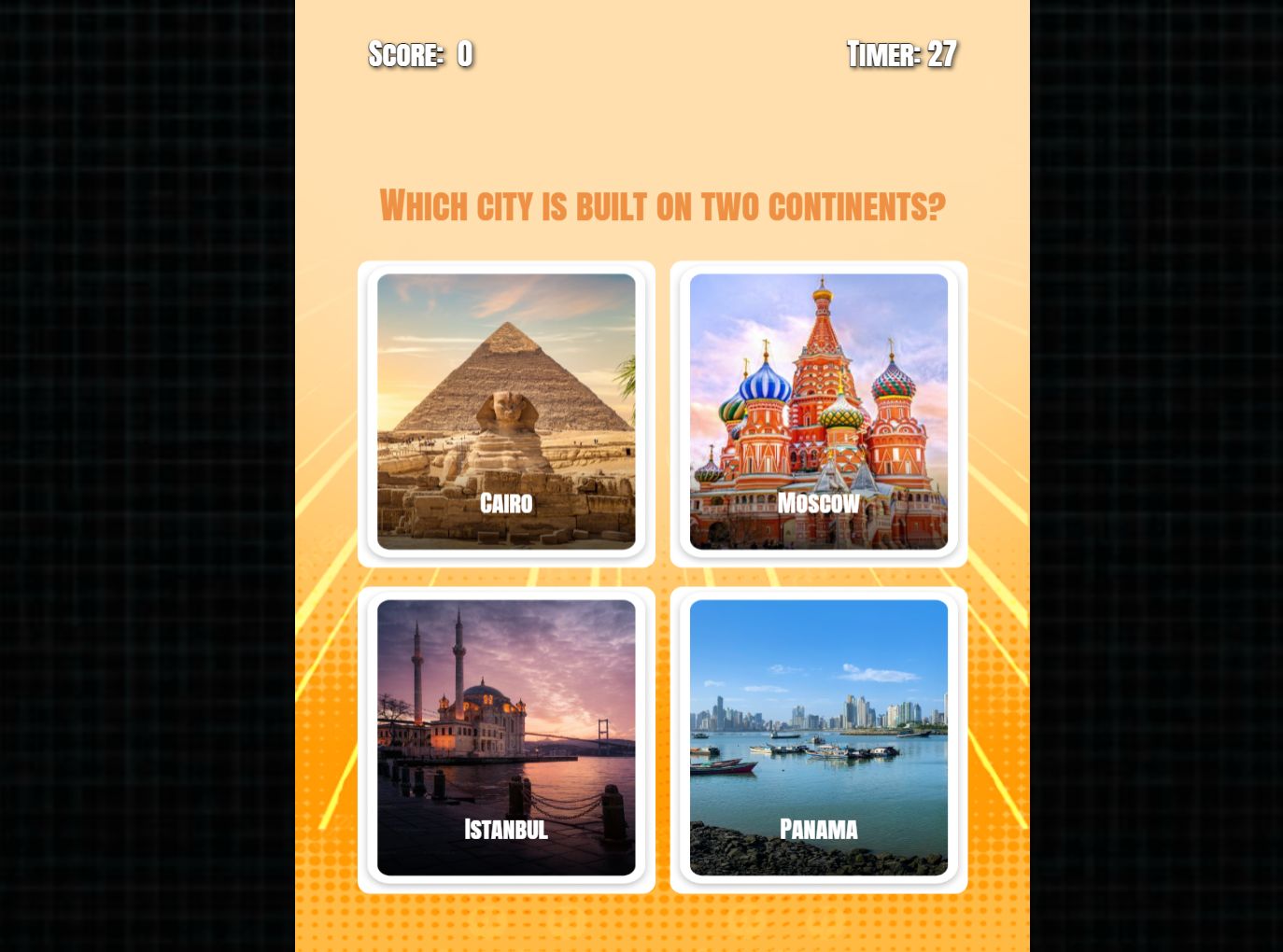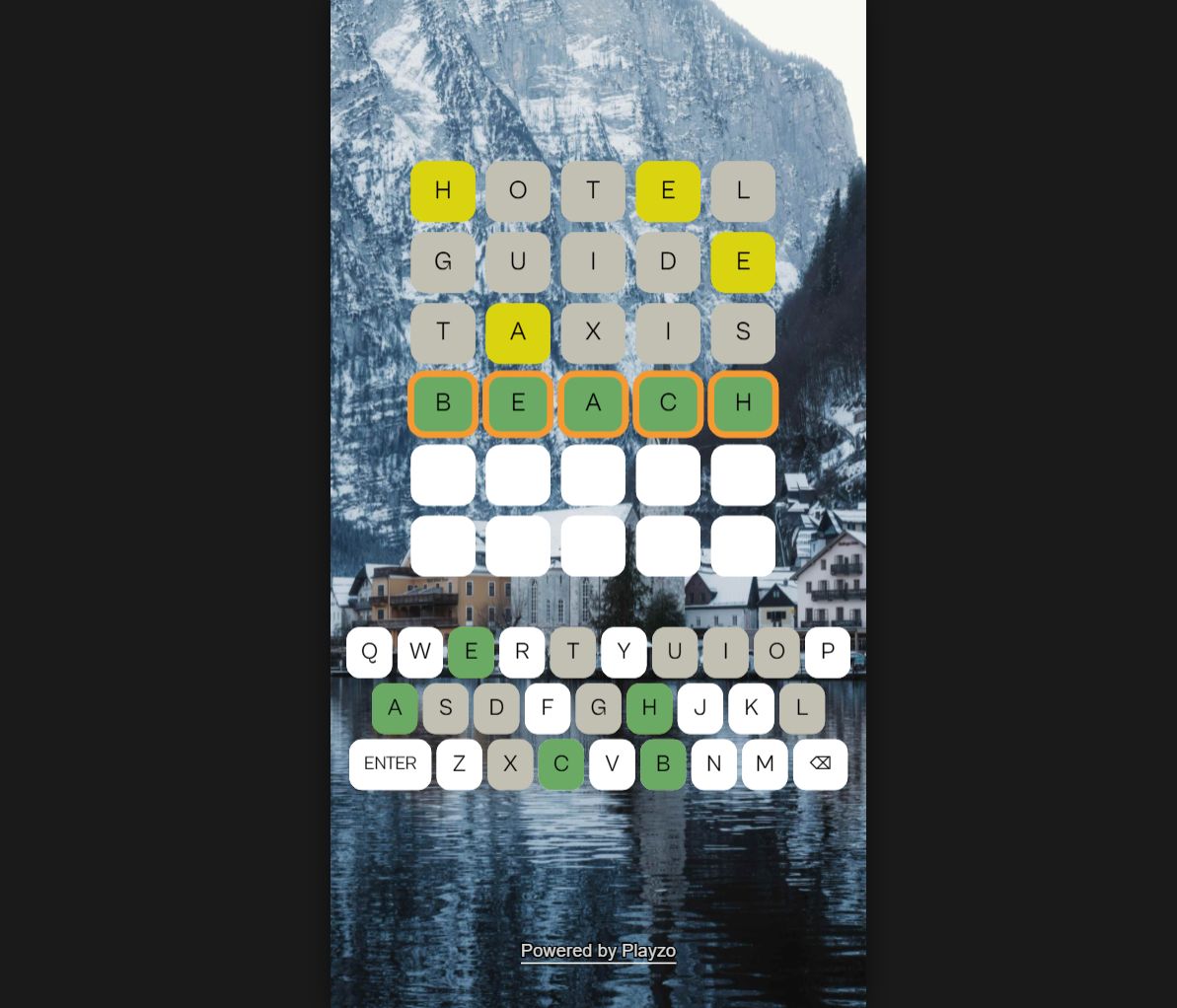In the dynamic world of tourism and hospitality, capturing and retaining the attention of potential travelers is paramount. As the industry becomes increasingly competitive, traditional marketing methods often fall short in engaging modern audiences who seek immersive and interactive experiences. This is where gamification—the integration of game mechanics into non-game contexts—emerges as a transformative strategy. By leveraging gamification, tourism and hospitality businesses can create compelling narratives that not only showcase their offerings but also foster deeper connections with their audience.

The Allure of Games in Tourism and Hospitality
Humans are inherently drawn to games. The elements of challenge, reward, and progression tap into our intrinsic motivations, making activities more engaging and enjoyable. In the context of tourism and hospitality, gamification can transform passive observers into active participants, allowing potential customers to experience a taste of what awaits them. This interactive approach not only enhances engagement but also aids in information retention, making it more likely for travelers to recall and choose a particular destination or service.
Showcasing Products and Services Through Gamification
Gamification offers a novel way to present tourism products and services. Here are several methods through which businesses can utilize games to highlight their offerings:
- Virtual Tours and Exploration Games: By creating interactive maps or virtual reality experiences, potential tourists can “explore” destinations, hotels, or attractions from the comfort of their homes. This not only piques interest but also assists in travel planning.
- Cultural Quizzes and Challenges: Incorporating quizzes about local culture, history, or language can educate travelers and deepen their connection to the destination. Rewards for high scores can include discounts or special offers, incentivizing participation.
- Augmented Reality (AR) Experiences: AR can bring static brochures or posters to life. For instance, pointing a smartphone at a brochure could reveal a 3D model of a resort or a time-lapse video of a festival.
- Loyalty Programs with Gamified Elements: Transforming traditional loyalty programs into game-like experiences, where customers earn badges or level up, can increase engagement and repeat business.

Evidence Supporting Gamification in Tourism and Hospitality
The effectiveness of gamification in this sector is backed by research and real-world applications:HFTP+1Economic Times Hospitality+1
- Enhanced Customer Engagement: A study highlighted that gamified experiences captivate and immerse customers, leading to higher levels of engagement. By incorporating game elements such as challenges and rewards, businesses can stimulate guests’ interest and encourage active participation. Smartico
- Increased Loyalty: Gamification in loyalty programs can lead to a 22% increase in brand loyalty. Members are more likely to stick with a brand when engaged through gamified elements. bva-bdrc.com
- Positive Behavioral Influence: Gamification can change behavior and influence psychological needs by integrating fun, dynamism, and involvement, thereby improving customer loyalty. Emerald
Playzo.io: Facilitating Gamified Marketing in Tourism and Hospitality
For businesses seeking to integrate gamification into their marketing strategies without extensive development resources, platforms like Playzo.io offer an accessible solution. Playzo.io provides a suite of customizable game templates tailored for brand engagement. With its no-code editor, businesses can effortlessly design and deploy interactive games that resonate with their target audience.
Features of Playzo.io Beneficial for Tourism and Hospitality:
- Diverse Game Templates: From spin wheels to quizzes, Playzo.io offers a variety of game formats suitable for different promotional activities.
- Lead Capture Integration: Games can be designed to collect user information, aiding in building a database of potential customers.
- Analytics Dashboard: Businesses can monitor engagement metrics, allowing for data-driven strategy adjustments.
- Multi-Platform Compatibility: Games can be embedded on websites, shared via social media, or integrated into mobile apps, ensuring broad reach.

Case Studies: Gamification in Action
- Destination Promotion with Puzzles: The Province of Corrientes in Argentina utilized online puzzles to promote its new tourism branding. By engaging users in solving puzzles related to the destination, they effectively increased awareness and interest. EasyPromos
- Hotel Engagement Through Matching Games: Devonshire Hotels & Restaurants implemented a matching game on their website during Valentine’s Day, targeting engaged couples. This initiative not only showcased their venues but also captured valuable leads. EasyPromos
- Campsite Awareness via Hidden Object Games: The Girona Campsite Association created a hidden objects game to convey messages of reassurance during the pandemic, emphasizing their readiness to welcome tourists safely. EasyPromos
Implementing Gamification: Best Practices
To effectively incorporate gamification into tourism and hospitality marketing:
- Align with Brand Identity: Ensure that the game reflects the brand’s values and aesthetics for a cohesive experience.
- Offer Meaningful Rewards: Incentives should be valuable and relevant to the target audience to encourage participation.
- Ensure Accessibility: Games should be easy to access and play across various devices to maximize reach.
- Monitor and Iterate: Utilize analytics to assess performance and make necessary adjustments for improvement.

Conclusion
Gamification stands as a potent tool in the arsenal of tourism and hospitality marketing. By transforming passive promotional content into interactive experiences, businesses can captivate potential travelers, showcase their offerings innovatively, and foster lasting relationships. Platforms like Playzo.io democratize access to gamified marketing, enabling businesses of all sizes to harness the power of play in their promotional endeavors.